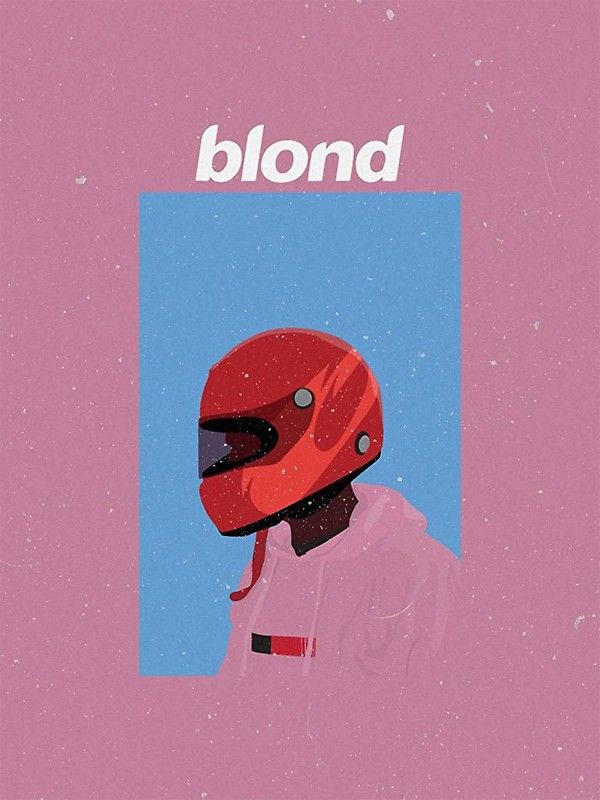Let’s Talk About Frank Ocean
March 16, 2020

Frank Ocean is undeniably the artist of our generation. His lyrics are simple, yet hauntingly beautiful and nostalgic; the emotion he captures so perfectly reflects our own experiences. Callie Ahlgrim from Insider writes: “Listening to Ocean’s music feels like sitting in a planetarium. We’re seeing his memories, musings, and complex emotions reflected prismatically across a spacious, sparkling sky. No one has ever witnessed a celestial event and wished it had been more contained or self-conscious.”
Listening to “Blonde” feels like a journey into the inner workings of Frank Ocean’s mind, almost too personal to listen to. Yet, this is part of the reason Ocean’s sound is so celebrated. His songs capture personal experiences that are intimate and complex: they sweep you up into a transformative human experience of Ocean’s own creation, binding us listeners together in unseen ways.
In the decade that he has quietly dominated over, Ocean has changed what it means to be a successful artist. His extreme reclusiveness and rejection of the industry’s expectations has trademarked his career and notoriety, transforming listeners’ relationship with artists. Fans no longer feel as entitled to know every single minute detail about a singer/song-writer in order to feel a connection to them; Ocean’s music is cathartic in its authenticity regardless.
Ocean’s individuality can be further embodied by a defining moment in which he did decide to reveal an important piece of personal information: when he publicly came out in 2012, mere days before his first studio album was scheduled to drop. A simple, bold letter on Tumblr stating that his first love was a man was groundbreaking in the hip pop community. Despite criticism that he would be reduced to the label “gay singer,” he never specified any label on himself, and his records still went on to become critically acclaimed and beloved by fans.
Breaking ground into the relationship of identity to music, Ocean knew that sexuality should be able to become a significant, no-longer-taboo part of anyone’s artistry. He exemplified this in the culturally significant first few lines of “Chanel” on his album “Blonde”— “My guy pretty like a girl… I see both sides like Chanel— in a reference to bisexuality. The genre-bending that Ocean began with “Channel Orange” would only develop further over the years, creating a unique sound and transforming the shape of music.
Had Ocean been a more conventional artist, he would have pushed albums out year after year to increase his hype and revel in a never-ending stream of money — performances, brand deals, streaming revenue, all the glamour and thrills. But Ocean is no conventional artist; going that route would’ve compromised his artistic vision. Otherwise, the world may have never known the unadulterated masterpieces that are his albums “Channel Orange” and “Blonde,” whose resonance with listeners comes from the rawness that Ocean authentically reveals. Staying true to his values and art, Ocean does not give into what others want—something mainstream artists often sacrifice for quick fame.
His raw lyrics, intricate instrumentals, and most of all, what his music means to fans have cemented Frank Ocean as an icon in music as well as pop culture; his music will undoubtedly continue to soundtrack my life.


